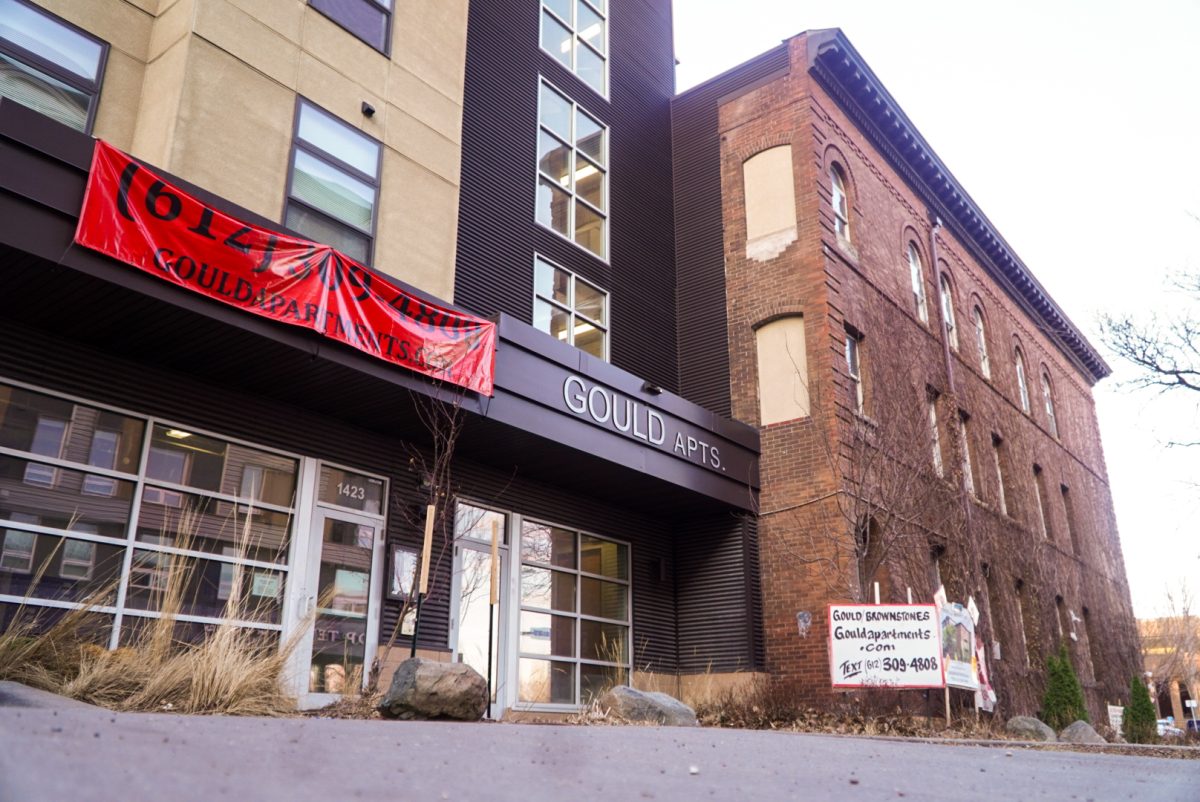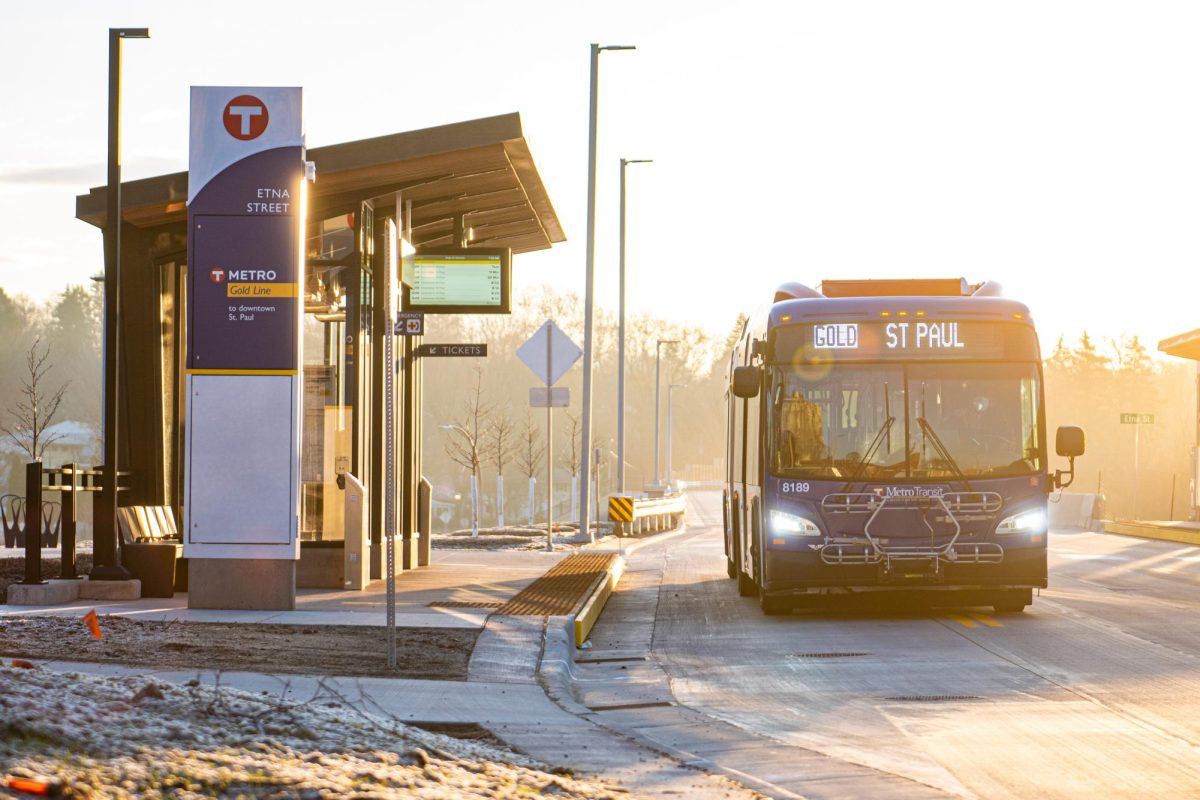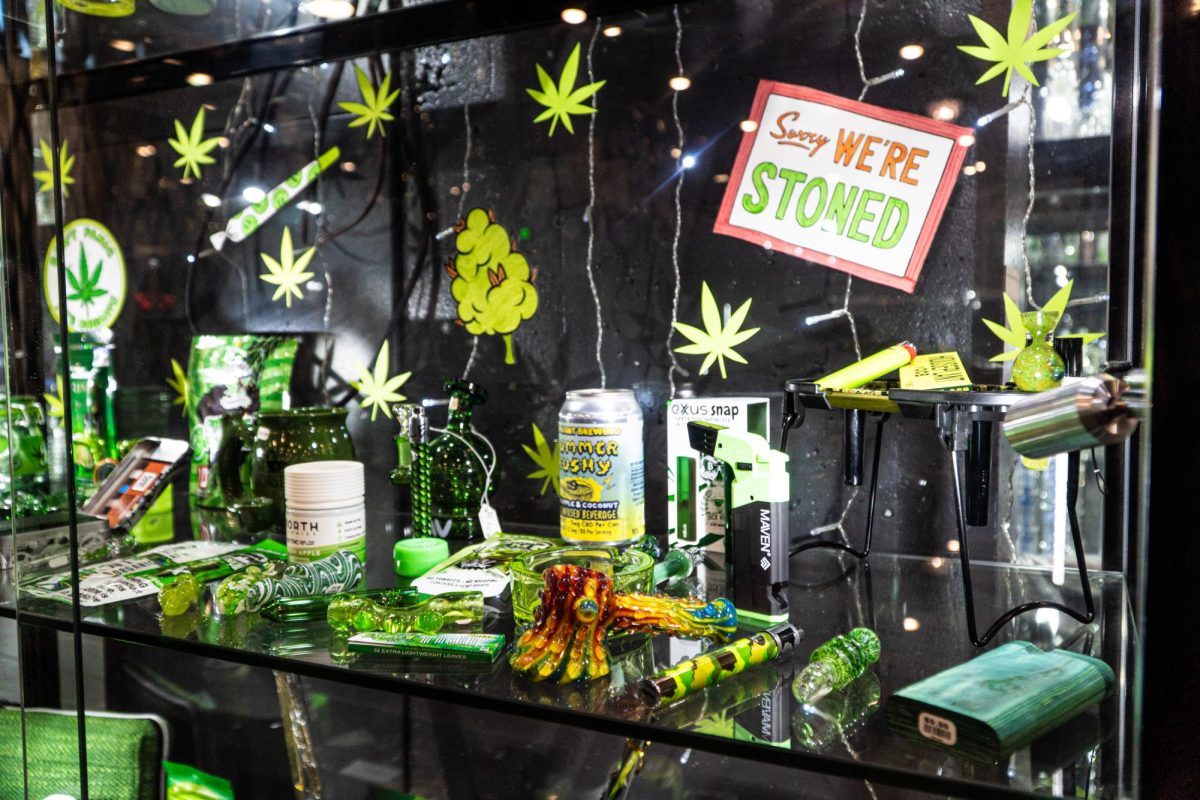After a successful first semester, a University of Minnesota hunger relief program is hoping to carry its momentum into the spring.
Swipe Out Hunger, a national nonprofit that allows University students to donate up to 10 unused dining hall meal swipes to food-insecure students, concluded a semester of testing and planning.
Now, plans are being put into place for a second donation drive during spring semester.
The date and exact length of the drive are being decided, but it is expected to be between one and two weeks long, said junior David Begelman, founder of the Minnesota branch of Swipe Out Hunger.
The original pilot ran from Nov. 6 through Nov. 17, with volunteers collecting swipes from students in dining halls and through an online form. The meals are now being distributed through five-meal cards to students in need.
During the pilot, 2,570 swipes were donated by 541 students, an equivalent of $23,130. The swipes were turned into 500 meal cards, which were given out on a case-by-case basis.
“I saw a lot of positive responses,” said junior Lauren Ware, who volunteered during the donation drive. “It’s something that they already have that they’re not going [to] use anyway, so I thought that it was awesome to see.”
Rebecca Leighton, food pantry coordinator for Boynton Health, said they were pleasantly surprised by the number of students who donated.
Distribution of meal cards largely began in late December, and are only available through a practitioner referral at Boynton Health. Availability could be expanded in the future, Leighton said.
Currently, only around 10 of the 500 cards have been accessed by students, she said.
Leighton added that this low usage works to the program’s advantage, giving them a steady balance of supply and demand.
“We’re OK with it going out a little bit slowly. It’s given us time to develop a pretty thorough evaluation that we can give to students who use the meal cards,” she said.
Boynton expects an increase in usage as students start their regular appointments at the beginning of the semester, she said.
Throughout the semester, Boynton will be sending surveys to meal-card recipients to collect demographic data and track where and when the meal cards are used. This data will be compiled at the end of the semester and analyzed over the summer to decide the future of the program, Leighton said.
“I think we will have a lot clearer understanding of what we want to do going forward after this pilot phase and after we get evaluation data back,” she said.
The date of the spring semester drive is expected to be finalized within the next month, Begelman said.
“I’m seeing a lot of potential for this program. … I’m really enthusiastic to see where this goes,” he said.







